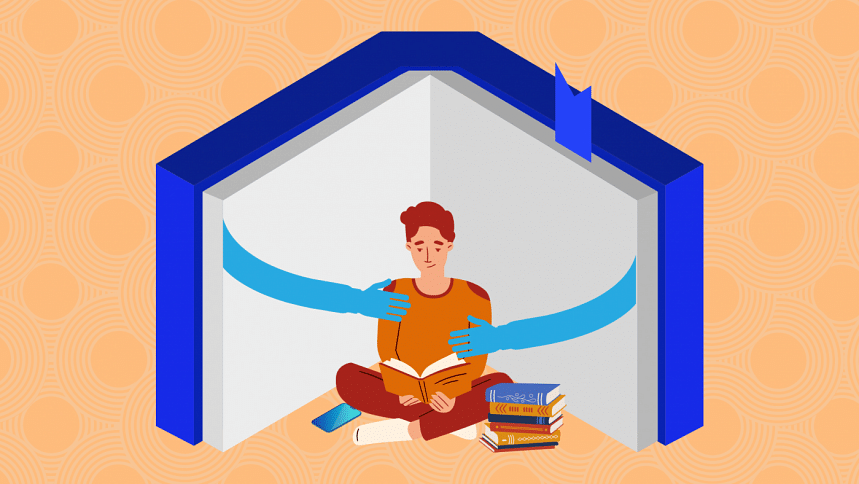Why Most Self-Help Books are Boring

At the risk of angering about 50% of Ali Abdaal fans, I'm going to say it. Self-help books are just not fun to read most of the time. Let's look into why.
Full of Fluff
Before you say it, James Clear's book Atomic Habits is definitely an exception. It's concise, with actionable tips, probably why it became one of the most famous self-help books on the internet.
However, the same can't be said for many other books in this niche.
Mark Manson's books, for example, take a winding route to get to the actual tip in the chapter. The same with The 7 Habits of Highly Effective People, where you probably have to read through multiple stories to get to the part you brought the book for. Some self-help books made me feel like the author wanted to write an autobiography, instead of what their genre label says. The content in many of these self-help books would be better served as podcasts, videos, or even blog or social media posts.
Packaging of the Tips is (Usually) Boring
A common format in self-help book chapters is starting with a story or anecdote, and then presenting the tip at the end. For example, in Leil Lowndes' How to Talk to Anyone, she recalls an event where a man smiled radiantly at her. Leil felt special until she realised the man did it for every single person present at the event. The tip was to smile brightest at the MVP and vary the degree for everyone else.
Now, maybe others enjoyed the anecdote. I was skimming through for the actual tip, for the interesting part. And this is a common occurrence in the self-help niche. Maybe to the self-help authors, the anecdote feels interesting, but as a reader, who has never met them nor lived any part of their life, I found the stories only mildly entertaining.
Would the books have been better off without the anecdotes? I would probably not enjoy reading numbered tips. And many of the anecdotes help cement a book's ideas. However, perhaps the stories could be from many different sources or presented with better storytelling.
Preachy and Pretentious
The first chapter of self-help books is, more often than not, overly deep-sounding. They claim to have the power to change your life or something equally radical. But a lot of self-help advice is banal. Maybe common truths need to be restated in a book we love or cemented into our minds through anecdotes, but for the most part, self-help books make me feel like I would've been better off reading just the summary instead of an entire book.
Besides this, many self-help books feel preachy. It's often as if the author were saying, "You must do it like this, or it won't work," but there is always more than one route to a destination.
Not to say there aren't gems in the self-help section. Some books truly do help. However, most self-help books are hard to get through due to poor packaging of advice.
Do you like or dislike self-help books? Let Zaheen know at instagram.com/tasfiazuhair

 For all latest news, follow The Daily Star's Google News channel.
For all latest news, follow The Daily Star's Google News channel. 



Comments